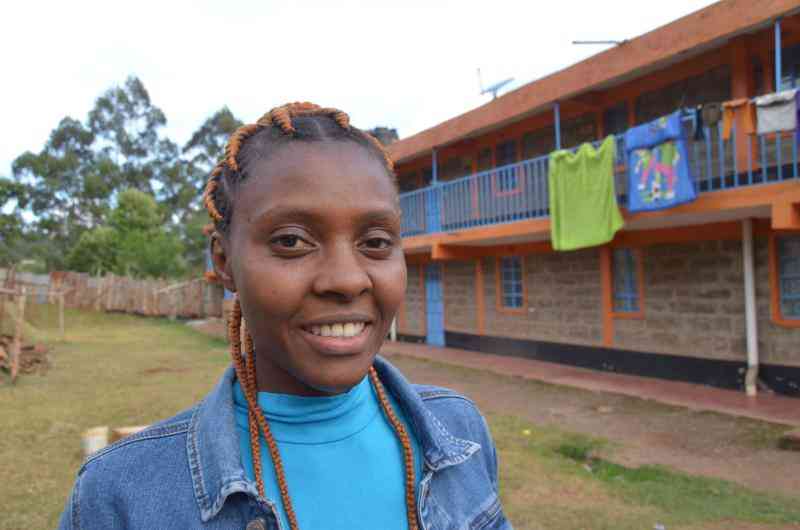
We often hear stories from the Gulf where migrant workers lose their lives, while others undergo untold suffering. But for ZIPPORAH NYOKABI, working as a housegirl there was a blessing in disguise.
When Zipporah Nyokabi left the village in Limuru, Kiambu County in 2011 to go to Saudi Arabia as a migrant domestic worker, she had a dream. Her dream was to use her earnings to uplift her family from abject poverty and set them on a path of economic empowerment. Today, Nyokabi is contented with what she has achieved and she is now the talk of Bibirioni village because of her achievements.